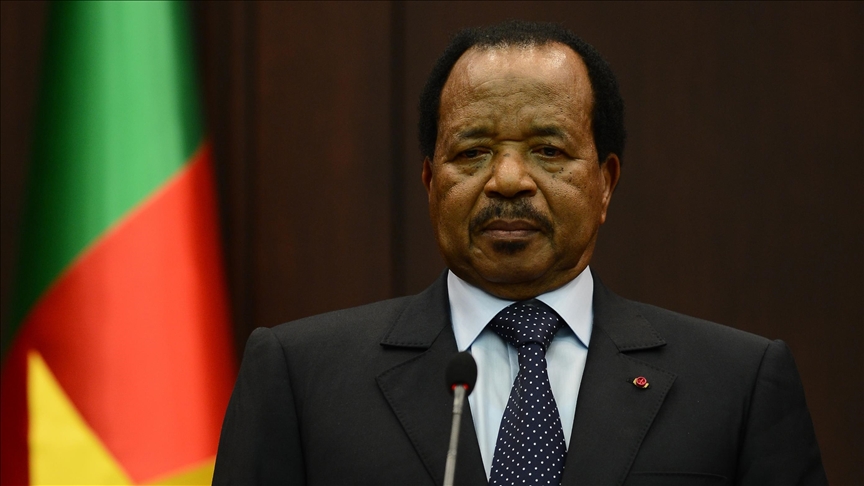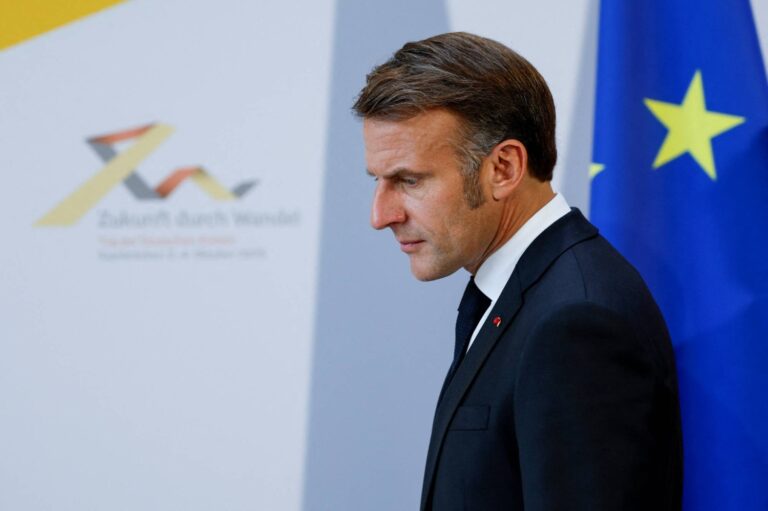
Cameroon’s long‑serving president, Paul Biya, is widely regarded as favourite to win another term. At 92 years old he prepares to run again in the October 12, 2025, election and he looks set to extend his decades in power. Biya is favourite among ruling party loyalists and many analysts expect he will win.
He took office in 1982 and has stayed for over 40 years. His party removed term limits in 2008 and he has won every election since. Voters now confront a candidate in his tenth decade and opponents question his ability to govern at such an advanced age. Biya is favourite yet critics warn his health and longevity raise risks for political stability.
His announcement on his official X account confirmed his ambition. He said his determination matches the challenges Cameroon faces and he vowed to serve again. Though many urged him to step down, Biya stayed firm. Biya is favourite because the ruling CPDM dominates state institutions.
A government reshuffle added new military chiefs, including leaders of elite security units. Analysts see this as a move to secure loyalty in the armed forces. It took place shortly after he declared his candidacy. Biya is favourite also because he reshuffles power networks quickly to reinforce control.
Several former allies and senior officials broke ranks and announced their own bids. They included two longtime ministers from the ruling coalition. Their departure shows a growing split in the political elite. Even so, Biya’s party controls electoral bodies and media outlets.
Opposition hopefuls like Maurice Kamto, Joshua Osih, Akere Muna and Cabral Libii voiced criticism. They called for fair elections and reforms. These figures represent youth and reformist sentiment. However they face restricted campaign space and political pressure. Voter turnout has dropped, especially in conflict zones, and many express distrust in the system.
Biya is favourite but his critics accuse him of authoritarian leadership. They cite allegations of vote rigging, press censorship, and arbitrary arrests of protestors and activists. Cameroon’s main prison has held high-profile separatist leaders and political dissidents awaiting trial. Many human rights defenders say Biya’s government increasingly uses repression to silence dissent.
Security challenges remain intense. An ongoing separatist war in English‑speaking regions and attacks by Islamist militants in the north pose major threats to stability. Biya has often claimed credit for managing conflict, yet violence persists. Critics believe his leadership has failed many citizens, especially youth and ethnic minorities.
Cameroon faces high poverty and informal employment. Economic growth has slowed in recent years and many live under challenging conditions. Analysts say that after decades of rule Biya has left little space for institutional renewal.
Public debate about his health arose after he spent over forty days out of the country. Authorities labelled speculation as destabilising. Citizens and analysts questioned his capacity and transparency. At the same time supporters held rallies declaring their confidence in his leadership. Despite criticism, Biya remains popular in parts of the country.
Financial agencies flagged Cameroon’s election risk as part of political uncertainty. They warned of instability if no succession plan exists. Biya has no visible heir and key institutions remain loyal to him. Scholars warn that sudden transitions could trigger a crisis.
Despite mounting public unease, Biya continues to hold power. His ability to control state machinery gives him strong odds. Observers suggest that unless the opposition unites, he will secure another mandate. Biya is favourite because he shapes the political system to his advantage.
In summary, Biya is favourite to win an eighth term amid opposition splits and institutional control. At age 92, he stands as a figure of continuity or stall for democratic change. The coming months will test Cameroon’s institutions, civil society, and the strength of hopes for political transition and renewal.

